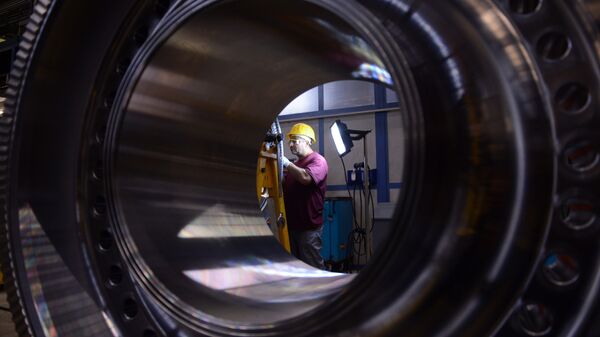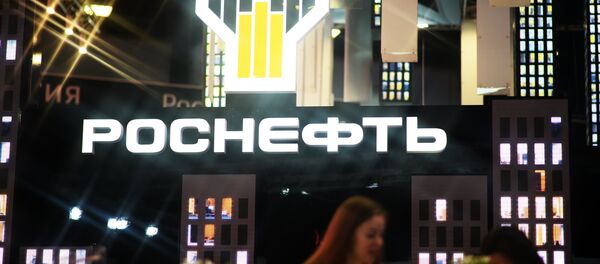Siemens said this development was a violation of its supply contracts, which ban the client from supplying equipment to Crimea.
However, Russian construction firm Technopromexport (TPE), which is in charge of the power plant project, says it purchased the turbines for Crimean power plants on the secondary market, with Russian engineering companies modernizing them.
TPE is a subsidiary of Russia's Rostekh Corporation, which explained that TPE bought the turbines on the secondary market after an original deal with an Iranian supplier fell through.
"Technopromexport planned to install Class E gas turbines produced by the Iranian company MAPNA in the power facilities on the Crimean Peninsula. The appropriate technical specifications were originally incorporated into the project. However, in the end, the parties did not reach mutual understanding on a number of technical and commercial issues and the contract was not concluded," Rostekh stated, RIA Novosti reported.
"Tekhnopromexport was forced to purchase four gas turbine units on the secondary market. In order to bring them up to the requirements of the original project, modernization of the units was carried out by specialized Russian plants and engineering companies."
Commenting on the issue, Russian political scientist Sergey Mikheev said that the furor is an opportunity for Russia to boost its industrial production and build similar turbines domestically.
"For us, this is an incentive to pin less and less hope on our Western partners and to work more and more with our own heads and hands. We've done enough of buying [ready-made] products, which is much easier. We have got too relaxed and we need to look for opportunities for our own production," Mikheev told Russia's Vesti FM news station.
On Tuesday, Saturn announced a deal with VTB Bank to finance the annual production of at least six upgraded GTD-110M power-generating turbines. The single-shaft gas turbine is designed for application in high-capacity gas-turbine power-generating and combined-cycle plants and will have a capacity of more than 110 megawatts.
On Friday, Russian lawmaker Vladimir Gutenev agreed that the end of the Siemens deal is an opportunity for Russian business.
"I think that this is an opportunity, which on the one hand creates short-term inconveniences, on the other hand provides opportunities for unrestrained import substitution. We have the expertise," Gutenev, who is chair of the State Duma's economic policy and business committee, told Sputnik.




